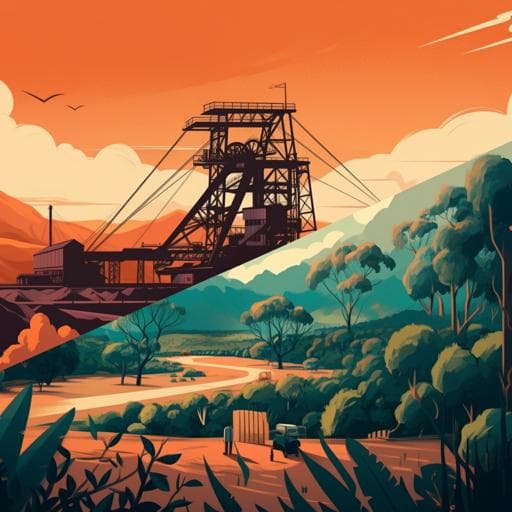
Environmental Studies and Forestry
Black coal, thin ice: the discursive legitimisation of Australian coal in the age of climate change
R. Stutzer, A. Rinscheid, et al.
This research conducted by Roman Stutzer, Adrian Rinscheid, Thiago D. Oliveira, Pedro Mendes Loureiro, Aya Kachi, and Mert Duygan delves into the discursive legitimation of Australian coal, particularly through the lens of the Adani Carmichael coal mine project. Using natural language processing, the study reveals a striking contrast between media narratives and public sentiment regarding coal and climate change from 2017-2020.
Related Publications
Explore these studies to deepen your understanding of the subject.







